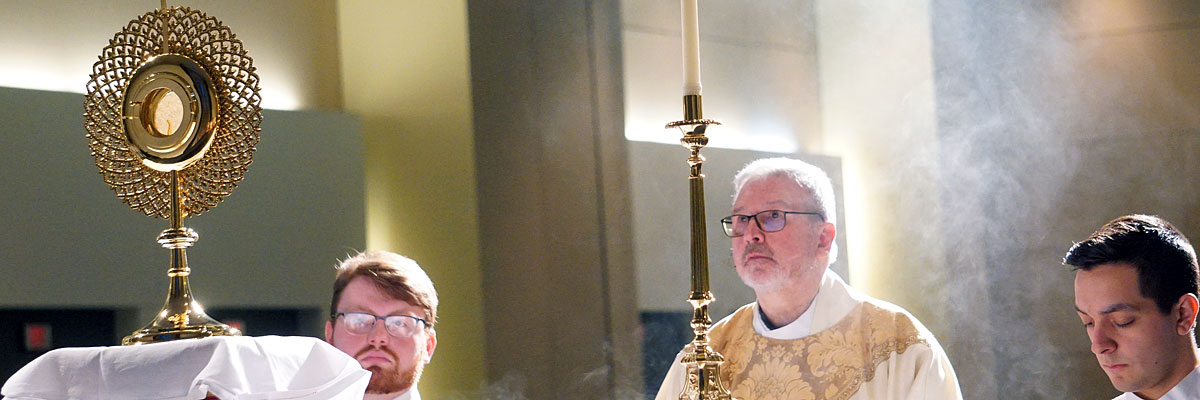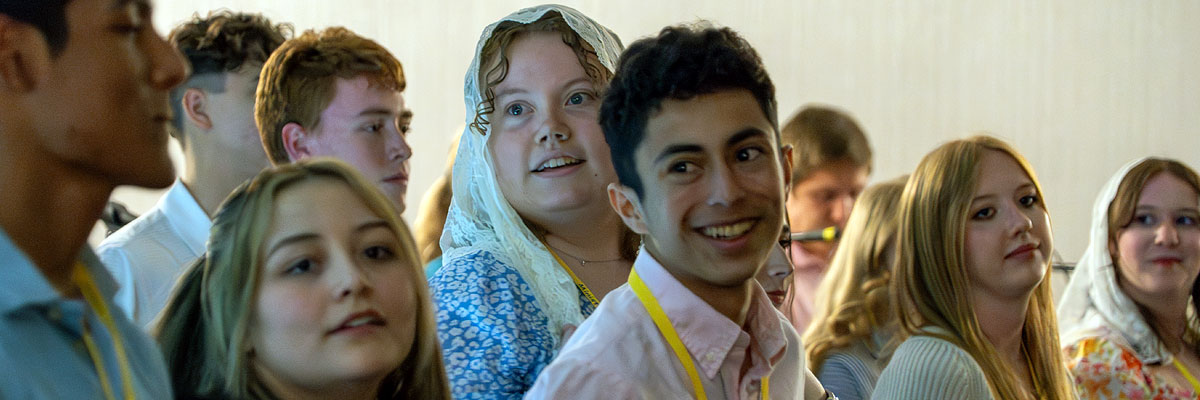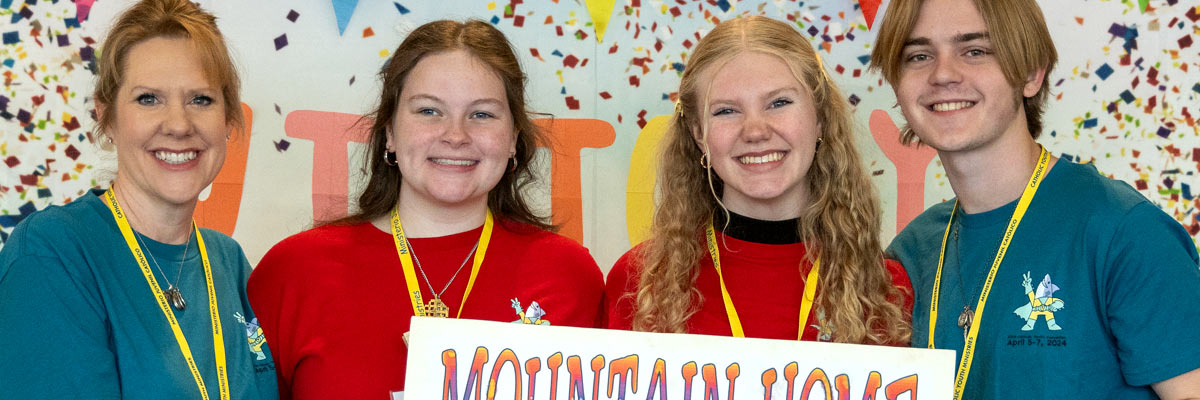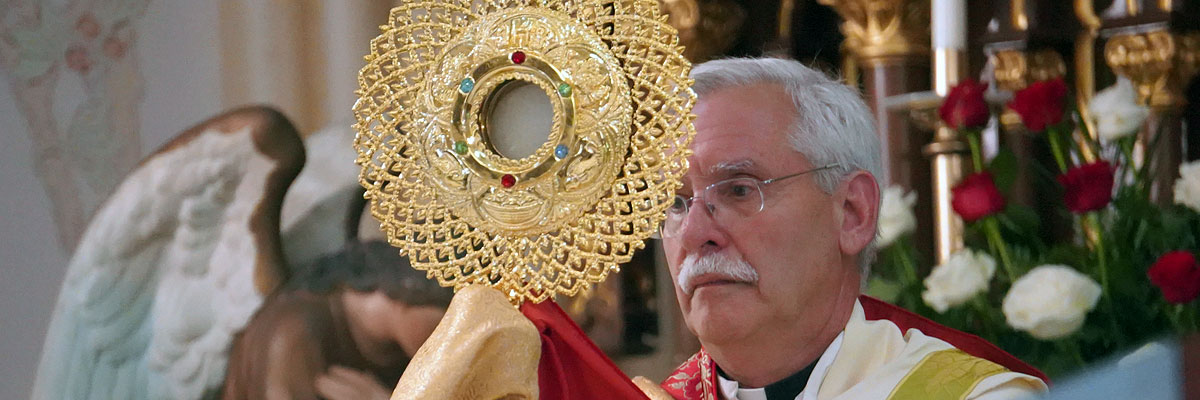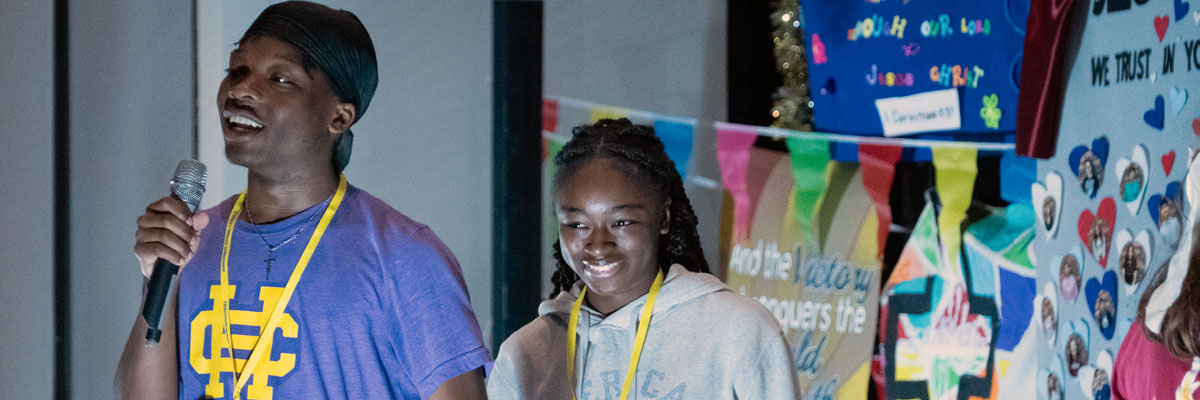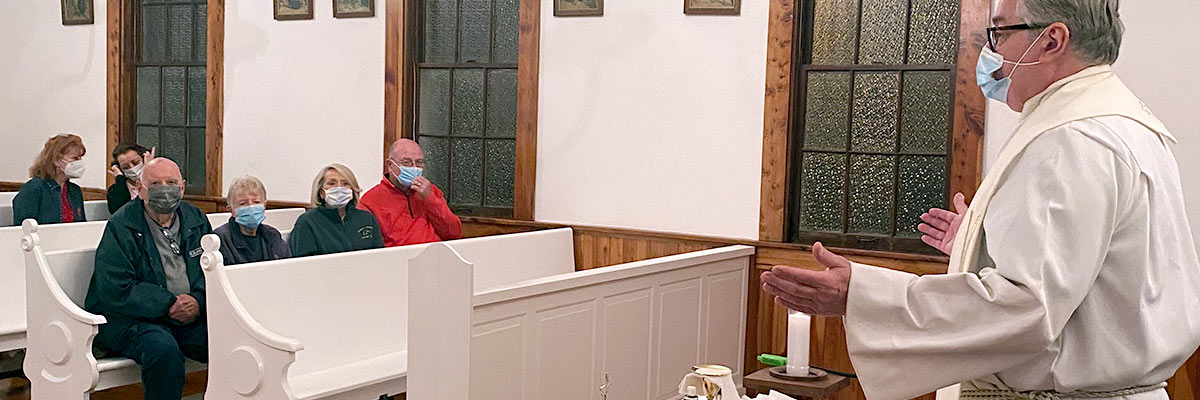Official Website of the
Catholic Diocese of Little Rock
Fourth Sunday of Lent, Year B
Published: March 11, 2018
Bishop Anthony B. Taylor preached the following homily during confirmation Masses at St. Joseph Church in Paris on Saturday, March 10, 2018, and Christ the King Church in Little Rock on Sunday, March 11, 2018.

Bishop Taylor
If you own stock or mutual funds, they send you all kinds of reports to keep you informed and increase your confidence in their management of your funds. But do you sit down and read all that stuff?
I find it hard to understand. I don't know how to read between the lines; how to turn all this data into the knowledge I need to make good investment decisions. One thing that is clear, however, is that while favorable past performance offers no guarantees for the future, it could suggest that someone has been doing something right up to now, so maybe I can trust them with my IRA investment again this year.
Indeed, that's the point. While those reports are supposed to lead to knowledge, the real hope is that they will give investors the confidence and trust they need to make further investments.
God did not reveal those truths merely to satisfy our intellectual curiosity. He did so for one reason and that is to give us the confidence and trust we need to make the most important investment decision of our entire life: where to invest our self, not just our money: our life, our dreams — all we are and all we hope for.
In today's Gospel we see this same dynamic in the distinction between faith as knowledge and faith as trust. In a few minutes I'll say, "Let us profess our faith," and we'll recite the creed, which is a collection of concepts revealed by God and articulated by the Church. Faith as knowledge, things we know about God.
In a similar way, we have PRE classes to give our children knowledge about God. But like with those reports regarding your financial investments, this religious knowledge is really for the purpose of building trust. God did not reveal those truths merely to satisfy our intellectual curiosity.
He did so for one reason and that is to give us the confidence and trust we need to make the most important investment decision of our entire life: where to invest our self, not just our money: our life, our dreams — all we are and all we hope for.
Today's Gospel is a continuation of Jesus' famous conversation with Nicodemus. They had been talking about Jesus' teachings, the knowledge he was trying to impart, but by this point their conversation has moved to the ultimate purpose of that knowledge: namely, trust. No longer merely belief about Jesus — knowledge about who he is in the abstract, but rather belief in Jesus — who he is for me!
Jesus tells Nicodemus that everyone who believes in him, who places their trust in him "will have eternal life" while those who do not will be condemned for not having believed (not having placed their trust in) ... the only son of God.
What a powerful statement. We are saved not by what we know but rather by who we know; by where we place our trust. We are saved not by the truths we articulate but rather by the truths we live, not by all the details of religious knowledge but rather by the investment decision to which this knowledge is supposed to lead.
I firmly believe that Catholic dogma contains the fullest, most faithful and most accurate articulation of Christian knowledge there is, and believe me, having good data is a great advantage. But this advantage produces to nothing in practice unless we do something with this knowledge.
Moreover, just as those who never manage to plow through all those quarterly reports can get still good advice from a trustworthy financial advisor and then proceed to invest their money wisely, so also those who never manage to plow through the Catechism of the Catholic Church can still get good advice from a trustworthy spiritual advisor — and then proceed to invest their lives wisely.
In either case those who invest come out way ahead of those who do read everything but then are too indecisive — too lacking in trust — to actually do anything. Our mouths can recite the creed a thousand times but unless we live these truths, it will all come to nothing.
Moreover, we who have all the advantages of insider knowledge by virtue of our ready access to Scripture and Church teaching will naturally be held to a higher standard than those who lack these advantages that we so much take for granted.
In any event, all who do invest themselves in the things of the Lord, including even non-Christians who lack knowledge of Jesus through no fault of their own, but who nevertheless have risked investing their lives in the Truth as best they know it, will realize an infinitely greater return on their investment of self than we could ever get from any earthly investment; namely, eternal life!
Accurate religious knowledge is for the purpose of helping us make wisely the most important investment decision we will ever make: where to invest our self — which will then determine what kind of results we can expect when the closing bell on this life has rung.


